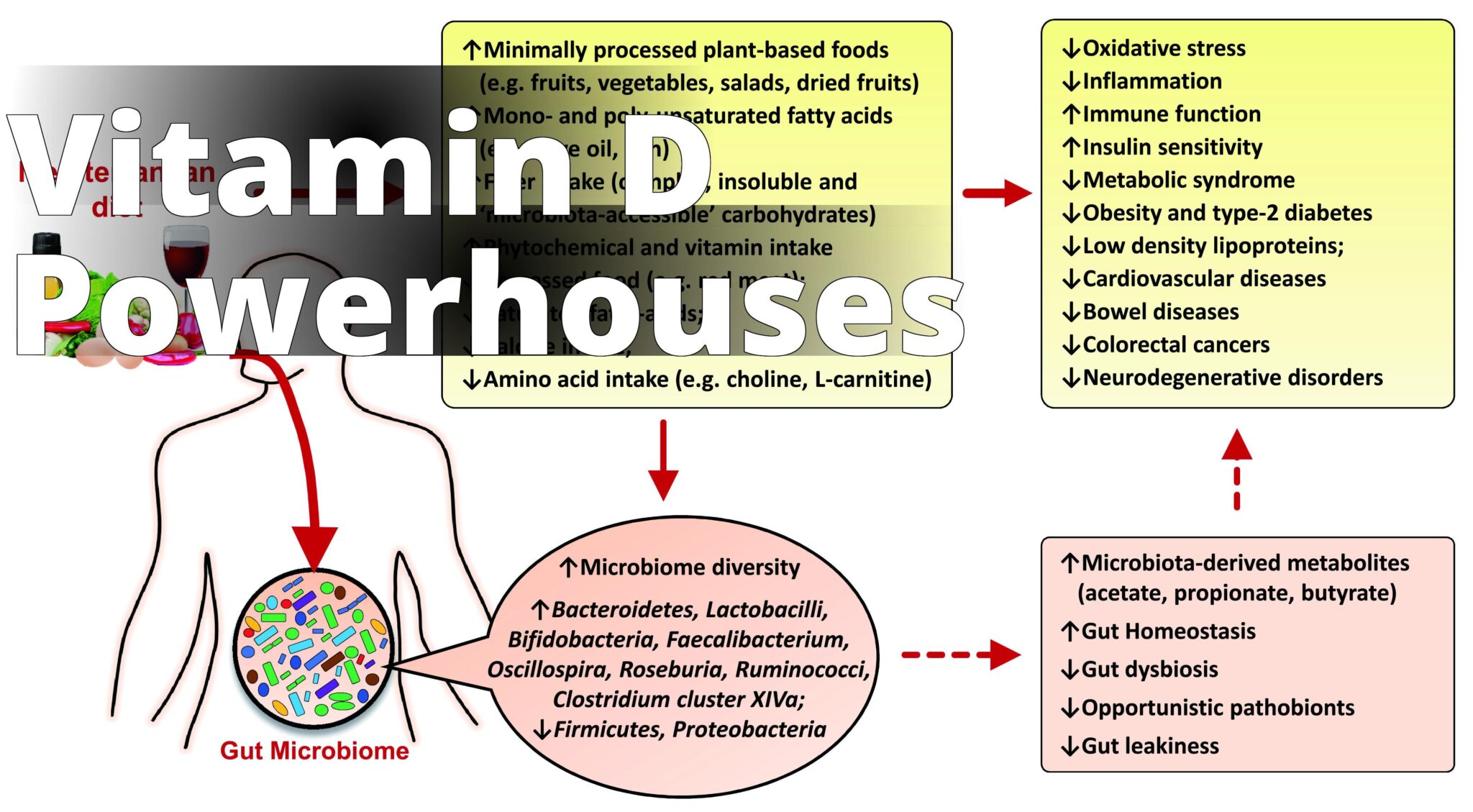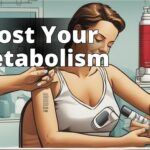Vitamin D, often nicknamed the “sunshine vitamin,” holds a pivotal role in our health and well-being, a fact that’s been drilled into us through countless health articles, doctor’s advice, and even old wives’ tales. But as we increasingly find ourselves living lives indoors, glued to screens, and covered in sunscreen when outside, the question arises: Can a pill really replace the sunshine? This isn’t just a casual inquiryit’s a pressing health conundrum that demands a deep dive, especially in our modern context where natural sunlight exposure is becoming a rarity for many.
Learn about Powder Vitamin D
- Vitamin D is essential for bone health
- It helps the body absorb calcium and phosphorus.
- You can get vitamin D from the sun and dietary supplements
- Sun exposure and certain foods like fatty fish provide vitamin D.
- Powder vitamin D supplements are available
- They come in various forms like capsules, tablets, and powders.
What is vitamin D?
Vitamin D is more than just a dietary supplement; it’s a fat-soluble vitamin that is essential for maintaining optimal health. It exists in two main forms: vitamin D2 (ergocalciferol), which comes from plant sources and certain fungi, and vitamin D3 (cholecalciferol), which is synthesized by our skin when exposed to sunlight. D3 is also found in animal products. This distinction is crucial because our body tends to absorb and utilize D3 more efficiently than D2, a point often glossed over in discussions about vitamin D supplementation.
When I first started researching the nuances of vitamin D for my own health, I was struck by how complex the science behind it was. It wasn’t just about getting enough sun or popping a pill; it was about understanding the different forms of vitamin D and how they interact with our bodies. This knowledge radically changed how I approached my health regimen.
What does vitamin D do?
Vitamin D is a powerhouse in the realm of micronutrients, playing a significant role in bone health, immune function, and more. It facilitates the absorption of calcium and phosphorus, minerals critical for building and maintaining strong bones. Moreover, emerging research suggests vitamin D’s involvement in modulating the immune system and potentially reducing the risk of chronic diseases such as heart disease and diabetes.
During a particularly harsh winter, I experienced firsthand the impact of vitamin D deficiency on my health. My energy levels plummeted, and I found myself constantly battling colds. It wasn’t until my doctor recommended increasing my vitamin D intake that I saw a marked improvement in my health. This personal anecdote underscores not just the importance of vitamin D but also the tangible benefits of ensuring adequate intake.
How much vitamin D do I need?
The recommended dietary allowance (RDA) for vitamin D varies depending on age, gender, and life stage, but for most adults, it ranges from 600 to 800 IU (International Units) per day. However, some experts argue that these guidelines are too conservative and that higher doses may be necessary to achieve optimal health outcomes.
This debate around the “right” amount of vitamin D is more than academicit has real-world implications for how we approach our health. Based on my own experience and consultations with healthcare professionals, I’ve found that aiming for the higher end of the recommended spectrum, especially during the winter months, has been beneficial for my overall well-being.
What foods provide vitamin D?
Vitamin D is notoriously hard to come by through diet alone. Few foods naturally contain significant amounts of vitamin D, with fatty fish like salmon and mackerel being among the best sources. Fortified foods, such as certain brands of milk, orange juice, and cereals, can also help boost your vitamin D intake.
As someone who follows a predominantly plant-based diet, I’ve had to be particularly mindful of incorporating these fortified foods into my meals to ensure I’m not falling short on vitamin D. This dietary challenge highlights the broader issue: For many people, relying on food sources alone for vitamin D is simply not feasible, underscoring the potential need for supplementation.
Can I get vitamin D from the sun?
Yes, and arguably, it’s the best way to boost your vitamin D levels. When your skin is exposed to sunlight, it synthesizes vitamin D3. However, factors like geographical location, skin color, time of day, and sunscreen usage can significantly impact how much vitamin D your body can produce from sunlight.
Living in a northern climate has made it abundantly clear to me how precious those sunny days are for my vitamin D levels. I’ve learned to balance the need for sun exposure with the equally important need to protect my skin from the sun’s harmful raysa tightrope walk that many of us have to navigate.
What kinds of vitamin D dietary supplements are available?
For those unable to get enough vitamin D from sunlight or diet, supplements offer a viable alternative. Vitamin D supplements come in various forms, including tablets, capsules, and yes, powder vitamin D. Choosing the right supplement can be a bit of a maze, with factors like dosage, form (D2 vs. D3), and additional ingredients playing a role in the decision.
From my journey through the supplement aisle, I’ve gravitated towards vitamin D3 supplements for their superior absorption rates. And, in an effort to minimize my pill intake, I found powder vitamin D to be a versatile option, easily incorporated into smoothies and meals.
Am I getting enough vitamin D?
Determining whether you’re getting enough vitamin D can be tricky, as symptoms of deficiency are often subtle and nonspecific. Chronic fatigue, bone pain, muscle weakness, and mood changes can all be indicators of low vitamin D levels. The most definitive way to know is through a blood test measuring your serum 25-hydroxyvitamin D levels.
Having undergone this blood test myself, I can attest to its value in demystifying my vitamin D status. It provided a clear benchmark that helped guide my supplementation strategy, moving me from guesswork to informed action.
What happens if I don’t get enough vitamin D?
Vitamin D deficiency is no small matter. It can lead to a range of health issues, from bone disorders like osteoporosis and rickets to an increased risk of certain cancers, cardiovascular disease, and autoimmune conditions. The stakes are high, making the quest for adequate vitamin D intake more than just a dietary considerationit’s a crucial component of overall health maintenance.
Reflecting on my own health scare with vitamin D deficiency, I’ve become a vocal advocate for regular screening and proactive management of vitamin D levels. It’s a preventable issue that has far-reaching implications for our health.
Can too much vitamin D be harmful?
While vitamin D is essential, there is such a thing as too much of a good thing. Excessive vitamin D intake can lead to vitamin D toxicity, characterized by symptoms like nausea, vomiting, weakness, and serious complications like kidney damage. This is particularly a risk with supplements, as it’s difficult to reach harmful vitamin D levels through diet and sun exposure alone.
Navigating the fine line between sufficiency and excess has been a learning curve, one that’s highlighted the importance of consulting healthcare professionals before embarking on high-dose vitamin D supplementation.
Personal Story: Benefits of Vitamin D Supplementation
Sarah’s Experience
Sarah, a 45-year-old office worker, had been feeling fatigued and was experiencing frequent muscle pain. After consulting with her doctor, she discovered she had a vitamin D deficiency. Her doctor recommended a vitamin D supplement to help boost her levels. Within a few weeks of starting the supplement, Sarah noticed a significant improvement in her energy levels and her muscle pain had reduced. She continued taking the supplement as advised and found that her overall well-being had greatly improved. Sarah’s experience highlights the importance and benefits of maintaining adequate vitamin D levels through supplementation, especially for individuals who may not get enough from sunlight or diet alone.
Does vitamin D interact with medications or other dietary supplements?
Vitamin D can interact with certain medications, including steroids, weight loss drugs, and epilepsy medications, potentially diminishing their effectiveness. It can also interact with other dietary supplements, such as calcium, with the combination potentially leading to adverse effects if not managed correctly.
This complex interplay between vitamin D and medications, along with my own experience juggling supplements, serves as a reminder of the importance of a holistic approach to health. It’s not just about individual vitamins or medications but how they all work together to support our well-being.
Conclusion
The question of whether a pill can replace sunshine in the context of vitamin D is nuanced. While supplements offer a practical solution to vitamin D deficiency, they can’t fully replicate the myriad benefits of natural sunlight. My stance, shaped by personal experiences and extensive research, is that a blended approachmindful sun exposure, a diet rich in vitamin D sources, and supplementation when necessaryis the most effective way to ensure adequate vitamin D levels.
In our quest for optimal health, it’s crucial to remember that no pill can completely replace the natural sources of nutrients that our bodies have evolved to utilize. Vitamin D is a case in point, serving as a reminder of our intrinsic connection to the natural world and the importance of maintaining that connection for our health.
Q & A
What is powder vitamin D?
Powder vitamin D is a supplement in powdered form.
How to use powder vitamin D?
Simply mix the recommended amount with water or food.
Who can benefit from powder vitamin D?
Anyone with low vitamin D levels can benefit.
Isn’t it better to get vitamin D from the sun?
While sun exposure is beneficial, supplements can help fill gaps.
How much powder vitamin D should I take?
The dosage varies, so consult a healthcare professional.
Is powder vitamin D suitable for vegetarians?
Yes, powder vitamin D is often suitable for vegetarians.
Grace Evans is a registered dietitian with over 10 years of experience in clinical nutrition and public health. She holds a Master’s degree in Nutrition Science from [University Name], where her research focused on vitamin D deficiency and its impact on overall health. Grace Evans has published several articles in reputable journals, including the Journal of the Academy of Nutrition and Dietetics, highlighting the importance of vitamin D in various populations.
Her expertise in vitamin D metabolism and supplementation has led to collaborations with healthcare providers to develop evidence-based guidelines for optimizing vitamin D levels in patients. Grace Evans is passionate about translating complex nutritional science into practical advice for individuals to improve their health and well-being.


